That is the affirmation of Mr. Nguyen Van Hieu, Director of the Departmentof Education and Training of Ho Chi Minh City, when discussing with Tuoi Tre about the development orientation of advanced school models, international integration (hereinafter referred to as advanced schools).
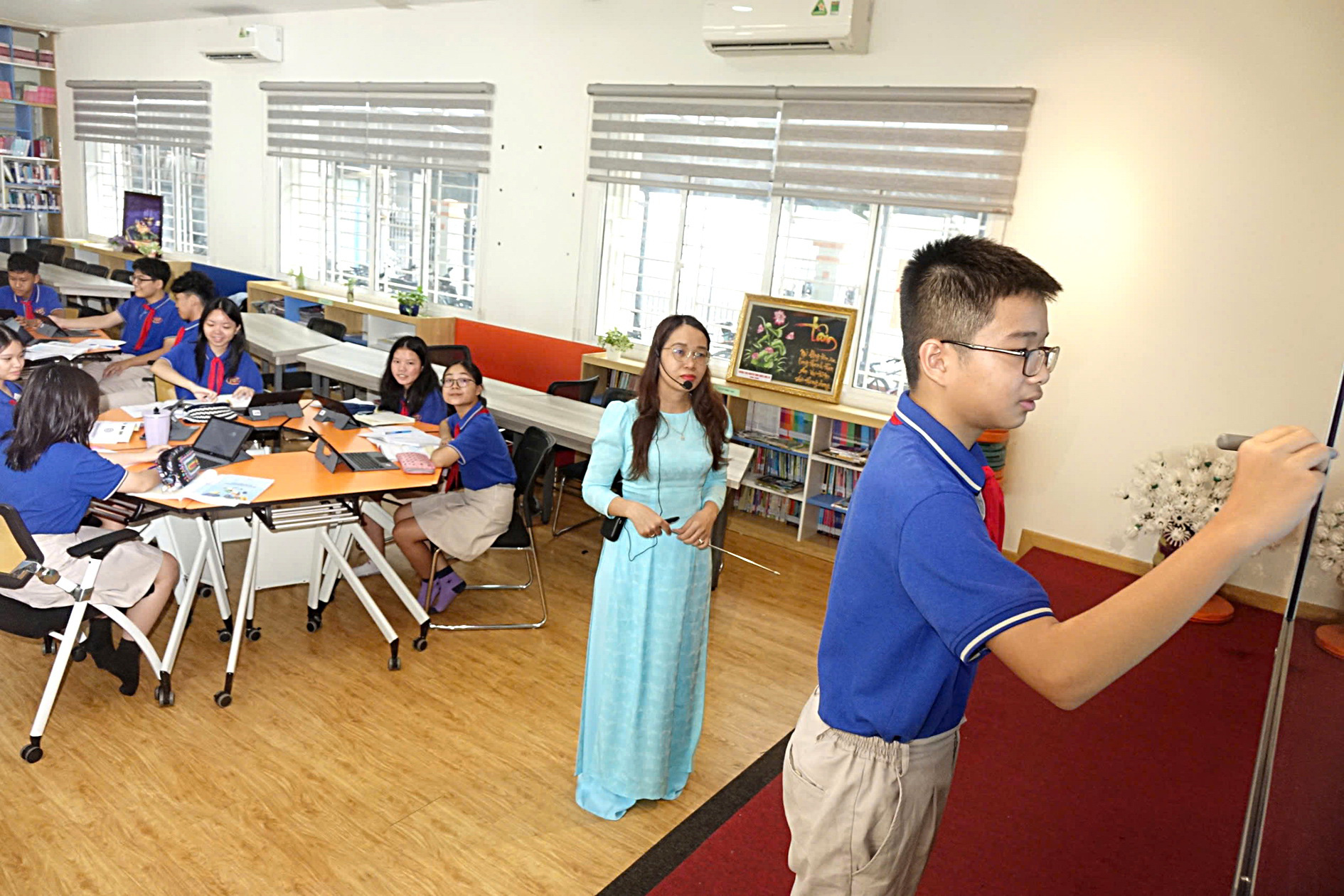
Students of grade 9/7 at Tran Quoc Toan 1 Secondary School, Thu Duc City, study math at the smart library - Photo: N.HUNG
Mr. Nguyen Van Hieu said that Ho Chi Minh City has piloted the advanced school model since the 2006-2007 school year at Le Quy Don High School, District 3.
In addition to teaching the Ministry of Education and Training 's curriculum well, the advanced school has the task of equipping students with the knowledge and skills necessary for international integration.
By 2014, the Ho Chi Minh City People's Committee had allowed the expansion of this model to many schools and levels of education.
In the current context, the emergence of an advanced school model is necessary to meet the learning needs of students and the requirements of society, approaching the development trends of education in the region and internationally.
In the long run, strong and advanced schools will operate under a mechanism of complete financial autonomy. Schools will be autonomous in recruiting teachers, paying salaries, giving rewards, etc.; implementing a policy of reducing staff, but not mechanically, but reducing the number of people not receiving salaries from the state budget.
Positive effects
* After many years of implementing the above model, what is your assessment of the educational effectiveness of advanced schools?
- Up to now, Ho Chi Minh City has 66 schools at all levels (preschool, primary, secondary and high school) implementing advanced models.
There are two schools affiliated with the university: Saigon Practical High School (under Saigon University) and Practical High School (under Ho Chi Minh City University of Education).
The advanced school model has brought about positive results. Many schools have made remarkable progress in all aspects: more spacious and modern facilities; the qualifications of management staff and teachers have increased; students are more active, confident, and courageous; soft skills as well as foreign language and computer skills are better...
In addition, the lives of teachers and staff have also improved both materially and spiritually...
In general, the advanced school model has contributed to the development of the education and training sector in Ho Chi Minh City, creating positive effects and playing a particularly important role in the current educational innovation process.
* What is the development orientation of this model, sir?
- According to the plan to implement the Ho Chi Minh City Education Development Strategy from now until 2030, with a vision to 2045, each district, Thu Duc City will have at least two advanced schools at each level (preschool, primary, secondary, high school); the city will have at least 10 high schools and specialized high schools with modern facilities and teaching quality that meets the criteria of advanced schools.
Thus, the current number of 66 advanced schools is still modest compared to the proposed plan. However, the department has a policy of not developing this model massively but rather substantially.
The first is to develop advanced schools only in areas that have ensured public schools for universal subjects. The second is that studying at advanced schools must ensure the principle of voluntariness of parents, and students must also meet the admission requirements for each level and grade.
Third, the construction of advanced schools must be carried out in transitional stages, ensuring the stability of students studying at the school.
That is, when converting to an advanced model, it must be done in a rolling manner, and students who have been studying at the school before will remain until the end of the grade.
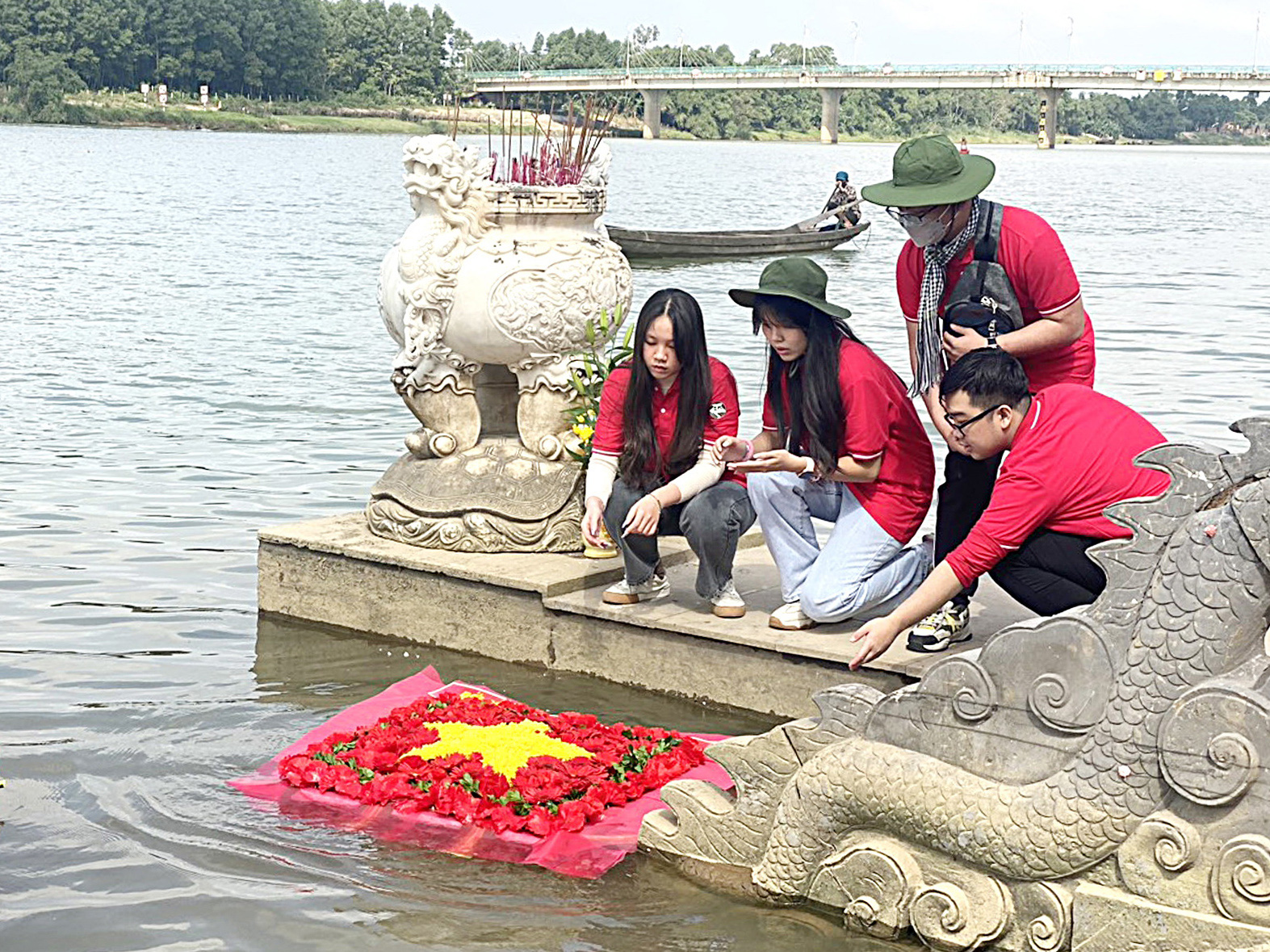
An experiential activity of students at Le Quy Don High School, District 3, Ho Chi Minh City. In the photo: students release flowers to commemorate fallen soldiers on the Thach Han River - Photo: provided by the school
Equity in Education
* Sir, there are opinions that Ho Chi Minh City has had and is having some advanced schools that teach very well, gaining the trust of parents and society. But in reality, there are also some advanced schools that only have a "shell" (ie quite good facilities), but the "inside" is not very good in terms of teaching staff, teaching methods, and school curriculum. What do you think about this issue?
- It is true that some schools are implementing the advanced school model, but there are still many limitations and shortcomings that need to be overcome and changed. In the coming time, the Department will have a plan to inspect and review schools implementing this model.
On that basis, the departments and offices of the department will work with the school to remove difficulties and develop an educational plan in the right direction of progress and integration.
We will focus on supporting schools to invest deeply in expertise for comprehensive education, improve the quality of education, promote schools to enhance soft skills education, teach foreign languages, and informatics according to international standards, organize activities for teachers and students to directly exchange and learn with schools abroad...
Although still part of the public education system, advanced schools must be different from other public schools, otherwise they cannot convince parents.
Advanced schools are not assigned to a route when enrolling students at the beginning of the school year. If the school cannot demonstrate the "advanced, integrated" factor and cannot improve the quality of education, it will be difficult to survive and develop.
* Many people also believe that the advanced school model will make the inequality in education worse...
- The plan of tasks and key solutions for the 2024-2025 school year of the Ho Chi Minh City education sector clearly stated that one of the tasks of education is to ensure fairness in access to education for all learners.
Ho Chi Minh City is also focusing on effectively implementing the project "Building a learning society in the 2021 - 2030 period", participating in UNESCO's global network of learning cities.
In which, meeting the requirement of becoming a city that provides everyone with lifelong learning opportunities, regardless of age, gender, educational level or social circumstances, is also realizing the goal of international educational integration and improving the quality of human resources.
To create the best learning opportunities for all learners, the city's education sector is interested in harmoniously developing public and non-public education; diversifying educational programs in continuing education institutions; developing advanced school models...
Diversification is to give parents and students more opportunities to choose the right learning path.
What standards must students meet in advanced schools?
- At least 90% of secondary school graduates can use English at level A2 or higher, of which at least 30% have international language certificates at the corresponding level; 100% have knowledge and skills in information technology, of which at least 50% meet international IT standards.
- At least 90% of high school graduates can use English at level B1 or higher, of which at least 30% have international language certificates at the corresponding level; 100% have knowledge and skills in information technology, of which at least 50% meet international IT standards.
- Advanced secondary and high schools must have at least 90% of students participating in learning activities related to real life; at least 90% of students participating in social activities and community activities; at least 95% of students regularly participating in extracurricular sports activities, of which 100% meet the standards for physical assessment and classification according to age; 100% of students are educated in safe swimming and drowning prevention...
(According to the Department of Education and Training of Ho Chi Minh City)
Building advanced and modern education
The advanced school model meets the educational development needs of Ho Chi Minh City. The goal of this model is to help students be interested in learning, proactive, positive, creative, and know how to share and learn from each other.
Students are able to maximize their talents, practice their qualities, and cultivate their social skills. At the same time, students are exposed to modern educational methods, advanced technologies, and are equipped with foreign language and information technology skills according to international standards while still retaining a strong national identity.
The Ho Chi Minh City Department of Education and Training hopes that advanced schools will contribute to innovating the operating mechanism of public service units; creating conditions for a number of educational institutions to become pioneers in the process of building an advanced and modern education system...
Source: https://tuoitre.vn/truong-tien-tien-hoi-nhap-co-gi-ky-cuoi-phai-thuc-chat-khong-phat-trien-o-at-20241106103309172.htm


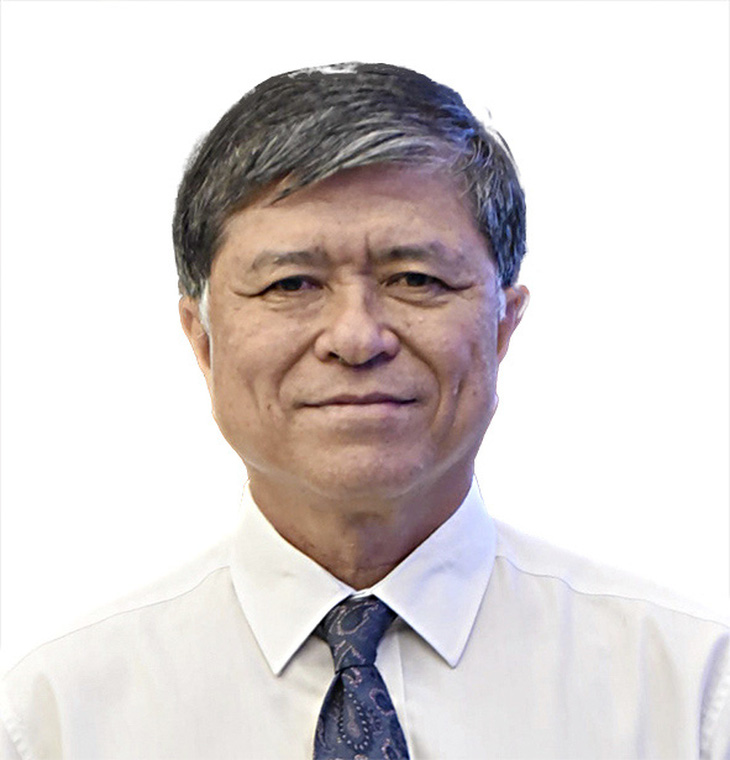



![[Photo] Prime Minister Pham Minh Chinh and Prime Minister of the Kingdom of Thailand Paetongtarn Shinawatra attend the Vietnam-Thailand Business Forum 2025](https://vphoto.vietnam.vn/thumb/1200x675/vietnam/resource/IMAGE/2025/5/16/1cdfce54d25c48a68ae6fb9204f2171a)


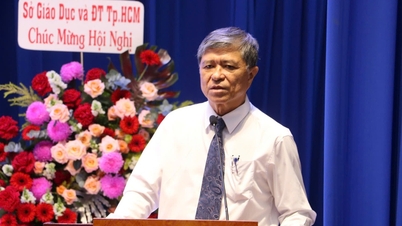



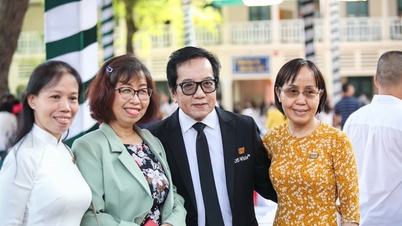
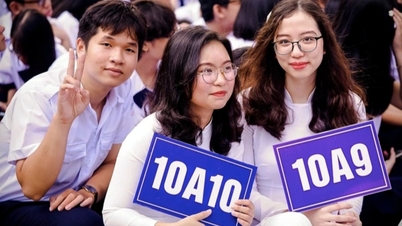


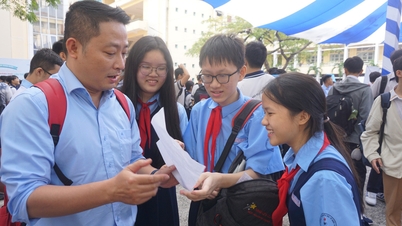
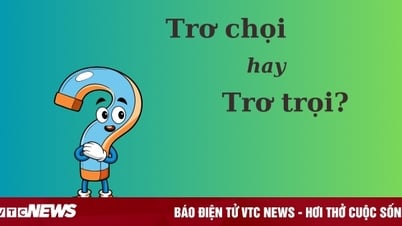

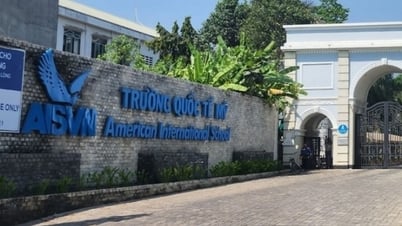



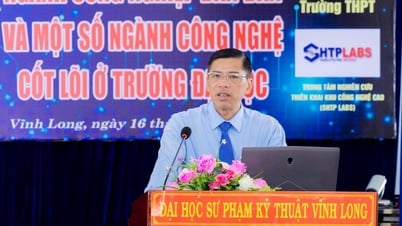

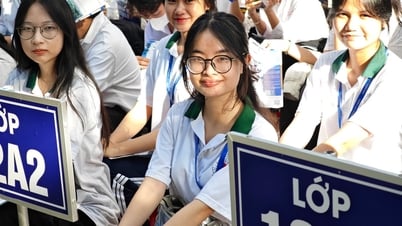




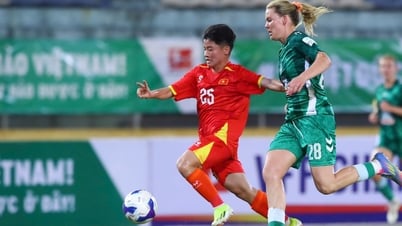

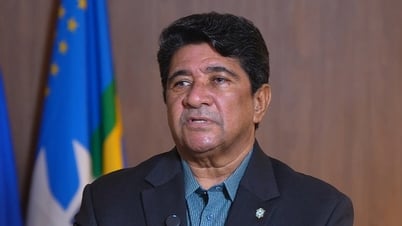
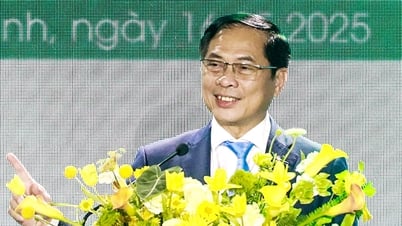


![[Photo] President Luong Cuong receives Prime Minister of the Kingdom of Thailand Paetongtarn Shinawatra](https://vphoto.vietnam.vn/thumb/1200x675/vietnam/resource/IMAGE/2025/5/16/52c73b27198a4e12bd6a903d1c218846)








































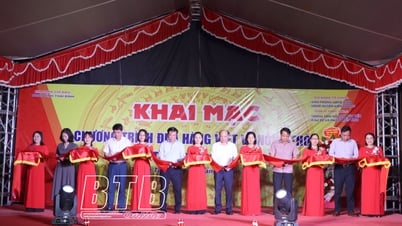

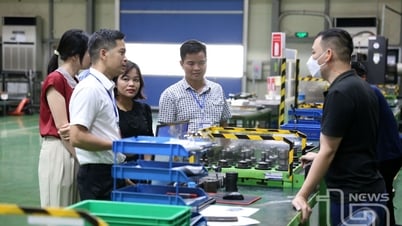

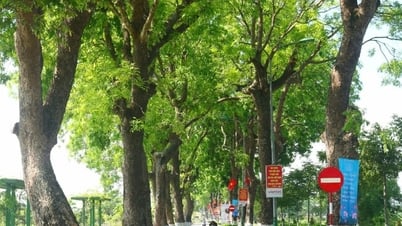















Comment (0)